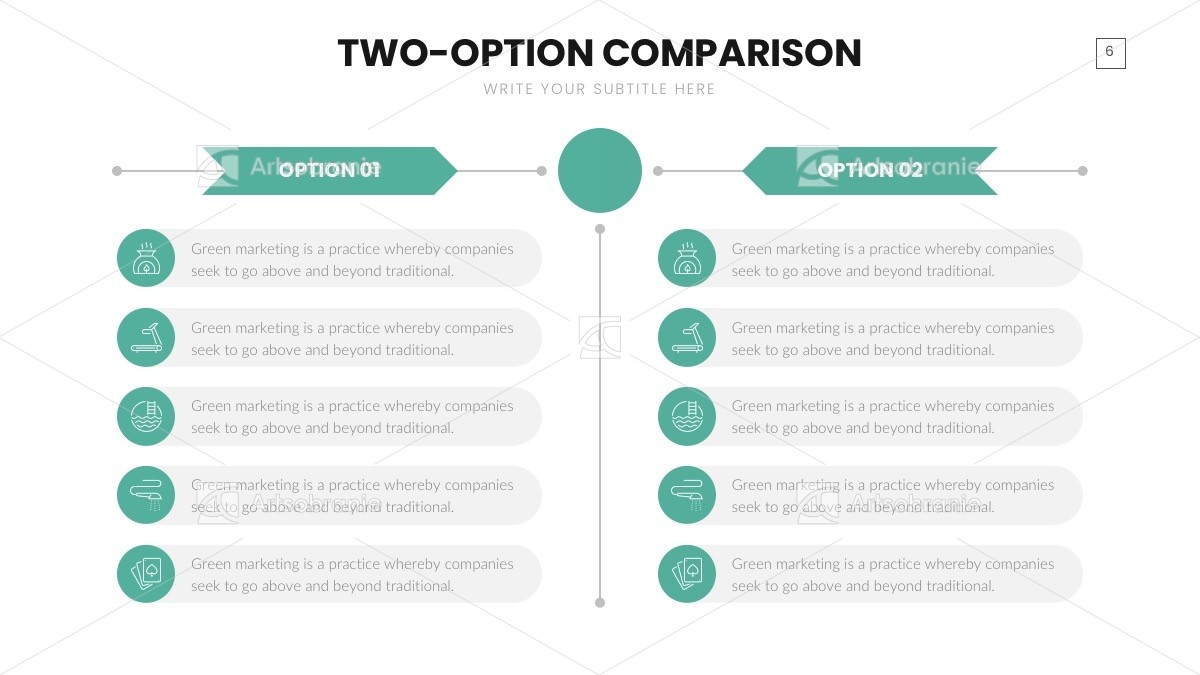In the high-stakes theatre of modern football, few problems are as desirable, yet as deceptively complex, as an abundance of attacking talent. For a club like Juventus, synonymous with excellence and ambition, the prospect of a formidable frontline is a perpetual aspiration. Yet, even in such a coveted scenario, the underlying currents of contract negotiations and financial strategy often prove to be the real match-winners – or indeed, the ultimate game-changers.
A Coach`s Dream, A Sporting Director`s Headache
Imagine the tactical luxury: multiple world-class forwards, each capable of turning a game on its head. This is often portrayed as a dream scenario for any manager, offering unparalleled depth, tactical flexibility, and a potent goal threat from various angles. However, this embarrassment of riches quickly shifts from a tactical delight to a strategic conundrum when viewed through the lens of club economics and long-term squad planning. The allocation of playing time, the management of egos, and the sheer financial outlay of maintaining such a potent arsenal become pressing concerns for any top-tier club.
The Dusan Vlahovic Equation at Juventus
Central to Juventus`s current attacking narrative is Dusan Vlahovic. Since his high-profile arrival in Turin, the Serbian international has consistently demonstrated his prolificacy and burgeoning potential, becoming a focal point of the Bianconeri`s offensive strategy. His decisive contributions on the pitch are undeniable, a testament to his value as a premium striker in European football. Yet, lurking beneath these on-field triumphs is a critical off-field reality: Vlahovic`s contract is slated to expire in June 2026.
The prospect of a player of Vlahovic`s calibre potentially departing for free represents a significant strategic dilemma. In an era where player valuations often soar into the tens of millions, losing such an asset without recuperating any transfer fee is not merely a sporting setback but a substantial financial blow. It forces the club into a tight corner, demanding a calculated decision long before the final year of his deal. The irony, of course, being that while one might celebrate a surplus of talent, the real «problem» lies in securing that talent financially for the long haul.
The Modern Football Economy: Asset Management 101
Football clubs, particularly those of Juventus`s stature, operate as intricate enterprises. Players are not just athletes; they are valuable assets, whose market value fluctuates based on performance, age, and crucially, contract duration. The expiration of a contract, especially for a key player, shifts considerable leverage to the player and their representatives. This dynamic creates a delicate balancing act for clubs:
- Extension: Secure the player long-term, often at an increased wage, preserving their market value and sporting contribution. This is generally the preferred option for core players.
- Sale: Monetize the asset before their value diminishes, allowing for reinvestment in the squad. This option is typically explored if extension talks stall or financial needs dictate.
- Risk Free Transfer: Retain the player until the end of their contract, accepting the sporting benefits but forfeiting any potential transfer fee. This is generally considered the least desirable outcome for an asset-conscious club, representing a significant lost opportunity.
For Juventus, the situation with Vlahovic necessitates a definitive stance. Do they initiate aggressive contract extension talks, offering terms that reflect his importance and secure his future in Turin? Or, if an agreement proves elusive, do they explore a sale in an upcoming transfer window to avoid the «free transfer» scenario, much to the chagrin of the faithful and the dismay of the finance department?
Beyond the Goal Line: A Club`s Strategic Imperative
The management of a prominent striker`s contract goes far beyond individual player statistics. It impacts squad morale, financial fair play considerations, and the club`s overall market perception. A well-managed contract situation can signal stability and shrewd business acumen; a mismanaged one can betray indecisiveness and expose financial vulnerabilities.
While the romantic notion of «one seat for three» strikers might evoke images of attacking prowess, the cold, hard truth of modern football demands a more pragmatic approach. Juventus`s challenge isn`t merely about fielding the best XI; it`s about navigating the intricate web of player contracts and market dynamics to ensure both immediate success and long-term sustainability. The question isn`t just who scores the goals, but how the goalscorer`s future is secured – or strategically divested – for the greater good of the Bianconeri.

